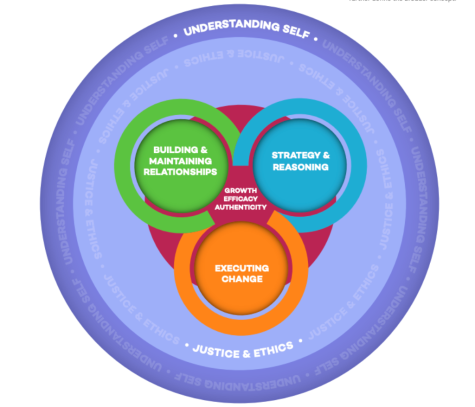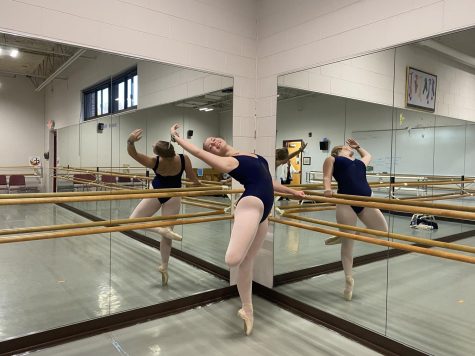A Return to Civil Discourse
November 28, 2018
With the midterm elections only a few short weeks ago, we have all been rushed into a chaotic whirlwind of politics. People take sides, emotions run high; those with whom you once believed you had so much in common now suddenly disagree with you on something you consider a firm part of your beliefs, and you no longer know how to act around them. But why?
Over the past few years, politics have become more and more polarized, and people ultimately are forgetting how to “agree to disagree.” People become so headstrong in their own beliefs that they would rather plug their ears and sing “I’m right, you’re wrong” at the top of their lungs than consider the fact that no political debate worth having is a black and white issue. With sensibilities so heightened and opinions so polarized, it is nearly impossible to keep our heads in political debates, whether regarding views on gun laws, rape victims, or abortion.
This is a call to a restoration of civil discourse. Talking politics, especially in an all-girls Catholic school, can sometimes be like walking through a field of landmines, but it doesn’t have to. Conversations like these, though hard, are vital, particularly in a setting where they can be discussed openly, where people are willing to listen to every side of the argument. The only way for this to happen, though, is for everyone to come into any debate, political or otherwise, with an open mind and an open heart. The whole point of any argument is to discover the truth, and those who are unwilling to listen, unwilling to admit they may be wrong, will never be able to discover that truth, whatever it may be. We need to realize that everyone has a different perspective– every argument, a truth, whether others are willing to listen or not. Every argument has its flaws. We need to be willing to listen to each other, and we need to be willing to accept the fact that we may not be right all the time.
If we recognize the humanity in people before we consider the politics of the situation– remember our similarities before we acknowledge our differences– only then will we once again find the way to civil discourse, where we can finally “agree to disagree.”


















